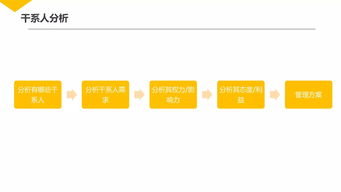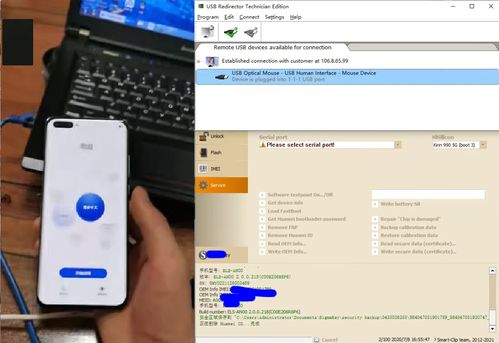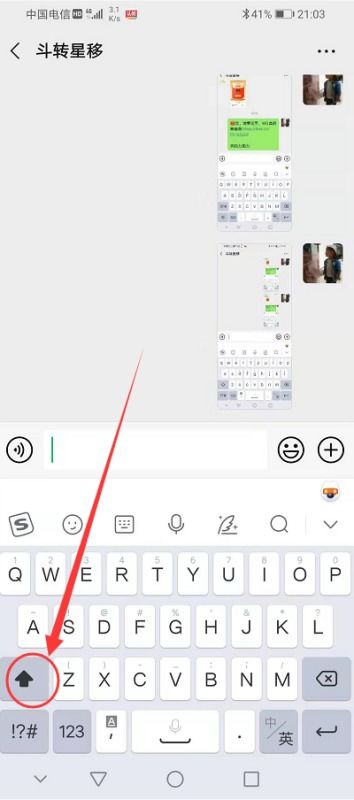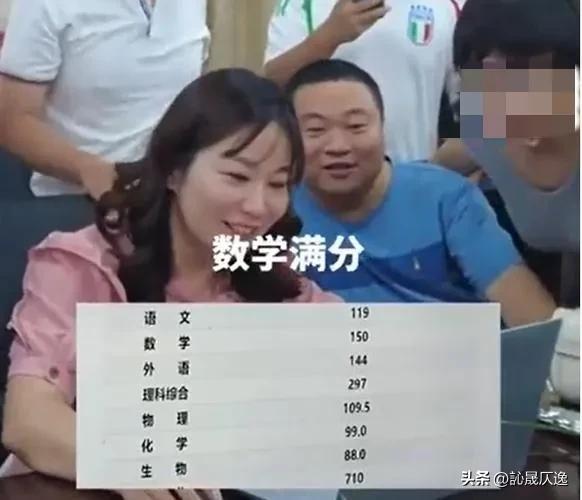participant的用法
1、A simple configure automatic enrollment and full consent of the participant with this Regulation.一個(gè)簡單的配置自動(dòng)注冊及本規(guī)例的參與者,完全同意。
2、Participant可作名詞或者形容詞。作名詞時(shí)意為“參與者,參加者”,但只是強(qiáng)調(diào)某人參加了某事,并沒有涉及他人;作形容詞時(shí)意為“有關(guān)聯(lián)的”“參與的”等。
3、adj.參加的; 有關(guān)系的 【例句】 40 of the course participants are offered employment with the company...上這門課的人中有40個(gè)被該公司聘用。
4、解析:應(yīng)該用attendee participant是參與,即,不一定要本人在場。例參與網(wǎng)上調(diào)查,就只能用participant不能用attendee attendee強(qiáng)調(diào)一定要在場,不需要參與活動(dòng)。
5、participant的讀法是美 [pɑrtspnt],英 [pɑ(r)tspnt]。n.參與者;參加者。adj.參加的。
participatant與participator的區(qū)別是什么?
1、Participatant 一詞應(yīng)為 participant。Participant可作名詞或者形容詞。作名詞時(shí)意為“參與者,參加者”,但只是強(qiáng)調(diào)某人參加了某事,并沒有涉及他人;作形容詞時(shí)意為“有關(guān)聯(lián)的”“參與的”等。
2、Participatant 一詞應(yīng)為 participant.Participant可作名詞或者形容詞。作名詞時(shí)意為“參與者,參加者”,但只是強(qiáng)調(diào)某人參加了某事,并沒有涉及他人;作形容詞時(shí)意為“有關(guān)聯(lián)的”“參與的”等。
3、participatant名詞是participator。名詞是詞類的一種,屬于實(shí)詞。它表示人、事、物、地點(diǎn)或抽象概念的統(tǒng)一名稱。它分為專有名詞和普通名詞。在英語中,名詞的格有3種:主格、賓格、所有格。
4、You are expected to be an active participant.你應(yīng)該成為積極的參與者。 The size of the conference was larger and there were more participants in it.會(huì)議規(guī)模較大,參加人數(shù)較多。

participant動(dòng)詞和名詞
participant的用法:復(fù)數(shù):participants;形近詞:participled、participles、participial、participate;詞形變化:名詞:participance;動(dòng)詞:participate;同義詞:player。
Participatant 一詞應(yīng)為 participant。Participant可作名詞或者形容詞。作名詞時(shí)意為“參與者,參加者”,但只是強(qiáng)調(diào)某人參加了某事,并沒有涉及他人;作形容詞時(shí)意為“有關(guān)聯(lián)的”“參與的”等。
participant的讀法是美 [pɑrtspnt],英 [pɑ(r)tspnt]。n.參與者;參加者。adj.參加的。
participant是什么意思
1、participant,英文單詞,名詞、形容詞,作名詞時(shí)意為“參與者,參加者”,作形容詞時(shí)意為“參與的”。
2、Participant可作名詞或者形容詞。作名詞時(shí)意為“參與者,參加者”,但只是強(qiáng)調(diào)某人參加了某事,并沒有涉及他人;作形容詞時(shí)意為“有關(guān)聯(lián)的”“參與的”等。
3、participant是什么意思:n. 參與者;參加者 She is an active participant in this activity.她積極參與這項(xiàng)活動(dòng)。Their assent to participate must be documented.必須用文件來證明他們同意參加研究。






















初次見面,請?zhí)顚懴滦畔?